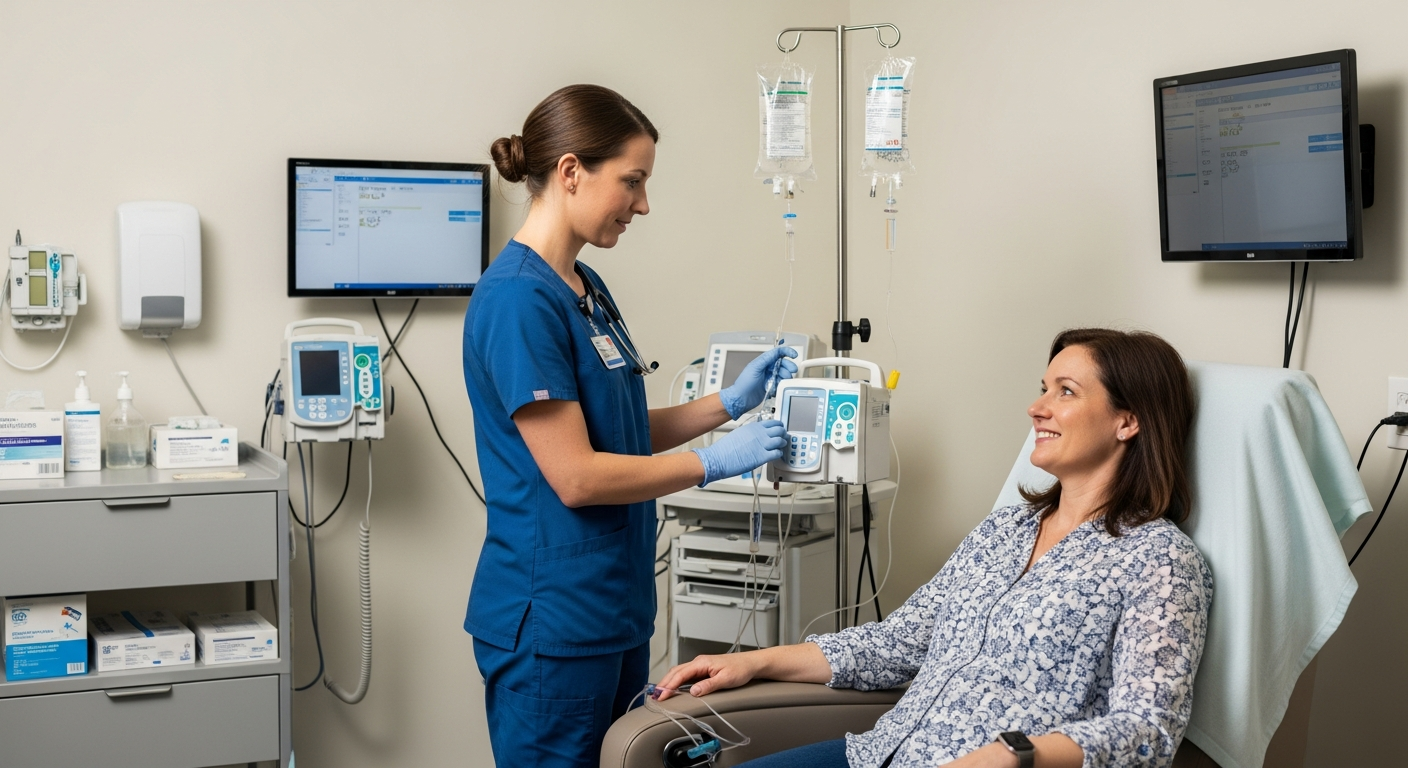Which Symptoms of Liver Disease Should You Never Ignore for Optimal Health in 2025?
As we approach 2025, maintaining optimal liver health remains crucial for overall well-being. The liver, a vital organ responsible for numerous bodily functions, can be susceptible to various diseases. Understanding and recognizing the early signs of liver dysfunction is essential for timely intervention and treatment. This article explores the symptoms of liver disease that should never be ignored, risk factors for fatty liver conditions, and science-backed methods to support liver function in modern times.

What are the early signs of liver dysfunction often overlooked?
Many people unknowingly dismiss early signs of liver dysfunction, attributing them to other causes. Some frequently overlooked symptoms include:
-
Fatigue and weakness: Persistent tiredness that doesn’t improve with rest can be an early indicator of liver problems.
-
Unexplained weight loss or gain: Sudden changes in weight without changes in diet or exercise habits may signal liver issues.
-
Nausea and loss of appetite: Feeling constantly nauseated or losing interest in food can be related to liver dysfunction.
-
Itchy skin: Persistent itching without an apparent cause might be due to bile salt buildup caused by liver problems.
-
Easily bruising or bleeding: The liver produces proteins necessary for blood clotting, so impaired liver function can lead to easy bruising or bleeding.
Recognizing these subtle signs early can lead to prompt medical attention and potentially prevent more severe liver conditions.
What are the key risk factors for fatty liver conditions?
Understanding the risk factors for fatty liver disease is crucial for prevention and early intervention. Some key risk factors include:
-
Obesity: Excess body weight, especially around the midsection, significantly increases the risk of developing fatty liver disease.
-
Insulin resistance and type 2 diabetes: These conditions can lead to fat accumulation in the liver.
-
High cholesterol and triglycerides: Elevated levels of these blood lipids are associated with fatty liver disease.
-
Excessive alcohol consumption: Regular heavy drinking can lead to alcoholic fatty liver disease.
-
Certain medications: Some medications, such as corticosteroids and methotrexate, can increase the risk of fatty liver.
-
Rapid weight loss: Losing weight too quickly can cause the liver to accumulate fat.
Being aware of these risk factors can help individuals make informed lifestyle choices to protect their liver health.
How do lifestyle choices impact liver health in modern times?
In today’s fast-paced world, our lifestyle choices significantly influence liver health. Some key factors include:
-
Diet: Consuming a diet high in processed foods, sugar, and unhealthy fats can contribute to liver damage over time.
-
Sedentary behavior: Lack of physical activity can lead to weight gain and increase the risk of fatty liver disease.
-
Chronic stress: Prolonged stress can negatively impact liver function and overall health.
-
Sleep deprivation: Poor sleep habits can disrupt liver metabolism and increase inflammation.
-
Environmental toxins: Exposure to certain chemicals and pollutants can burden the liver’s detoxification processes.
By making conscious choices to improve these aspects of our lives, we can support better liver health and overall well-being.
What expert advice is crucial for monitoring liver well-being?
Healthcare professionals recommend several strategies for monitoring and maintaining liver health:
-
Regular check-ups: Schedule annual physical exams that include liver function tests.
-
Balanced diet: Consume a diet rich in fruits, vegetables, whole grains, and lean proteins.
-
Limit alcohol intake: If you drink, do so in moderation or consider abstaining altogether.
-
Stay hydrated: Drink plenty of water to support the liver’s detoxification processes.
-
Exercise regularly: Aim for at least 150 minutes of moderate-intensity exercise per week.
-
Manage weight: Maintain a healthy body weight to reduce the risk of fatty liver disease.
-
Avoid unnecessary medications: Only take medications as prescribed and avoid self-medicating.
By following these expert recommendations, individuals can proactively support their liver health and catch potential issues early.
What are science-backed methods for supporting liver function?
Recent scientific research has uncovered several effective methods for supporting liver function:
-
Antioxidant-rich foods: Consuming foods high in antioxidants, such as berries, leafy greens, and nuts, can help protect liver cells from damage.
-
Coffee consumption: Moderate coffee intake has been associated with a reduced risk of liver disease and improved liver enzyme levels.
-
Omega-3 fatty acids: Found in fatty fish, flaxseeds, and walnuts, these healthy fats may help reduce liver fat and inflammation.
-
Milk thistle: This herb has shown potential in supporting liver health, though more research is needed to confirm its efficacy.
-
Vitamin E: Some studies suggest that vitamin E supplementation may benefit individuals with non-alcoholic fatty liver disease.
While these methods show promise, it’s essential to consult with a healthcare professional before making significant changes to your diet or supplement regimen.
What treatment options are available for fatty liver disease?
Treatment options for fatty liver disease primarily focus on lifestyle modifications and addressing underlying causes. Here’s an overview of common approaches:
| Treatment Approach | Description | Potential Benefits |
|---|---|---|
| Weight loss | Gradual, sustainable weight reduction | Reduces liver fat and inflammation |
| Mediterranean diet | Emphasizes fruits, vegetables, whole grains, and healthy fats | Improves liver function and reduces fat accumulation |
| Regular exercise | At least 150 minutes of moderate-intensity activity per week | Enhances insulin sensitivity and reduces liver fat |
| Alcohol cessation | Complete abstinence from alcohol | Prevents further liver damage and allows healing |
| Medication management | Treating underlying conditions like diabetes or high cholesterol | Addresses root causes of fatty liver disease |
| Vitamin E supplementation | For non-alcoholic fatty liver disease (under medical supervision) | May reduce liver inflammation and damage |
Prices, rates, or cost estimates mentioned in this article are based on the latest available information but may change over time. Independent research is advised before making financial decisions.
In conclusion, maintaining optimal liver health is crucial for overall well-being as we approach 2025. By recognizing early signs of liver dysfunction, understanding risk factors, making informed lifestyle choices, and following expert advice, individuals can take proactive steps to support their liver function. Regular monitoring, adopting science-backed methods, and seeking appropriate treatment when necessary are key to ensuring long-term liver health and preventing more serious conditions.
This article is for informational purposes only and should not be considered medical advice. Please consult a qualified healthcare professional for personalized guidance and treatment.




